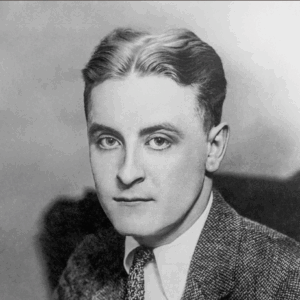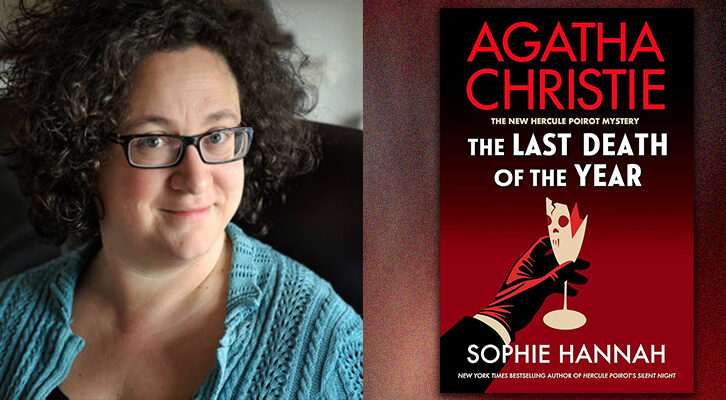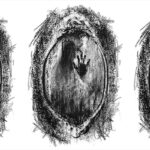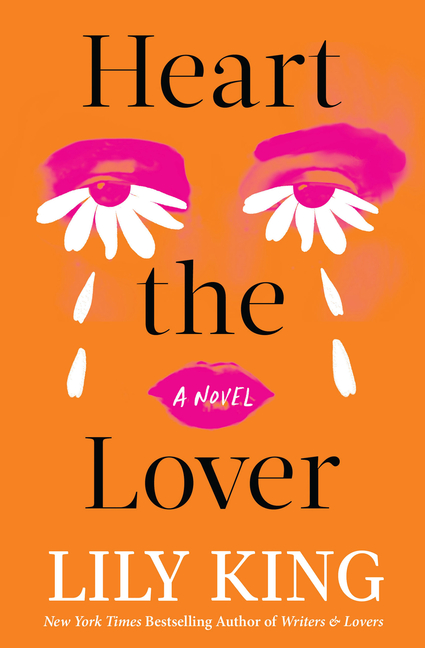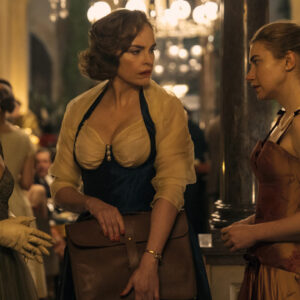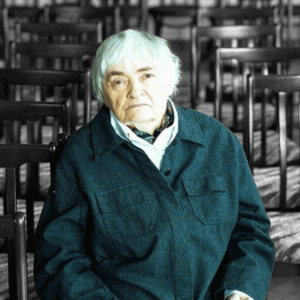
When Donald Trump's Assistant Cheated in My MFA Seminar
The Long Legacy of Plagiarism Surrounding the Republican Nominee
As the clanging theatrics of both conventions start to recede, it’s important to note that you can’t fake your story, even in the political sphere. Michelle Obama’s 2008 Democratic National Convention speech, its pure honesty, mesmerized for its heartfelt originality. Only Michelle could give that speech. Contrast this to the sad and wooden plagiarism of Melania Trump. There’s a lesson to be gleaned here: the tough work of crafting a public persona is actually not so different from crafting on the page. I have my own Donald Trump plagiarism story, predating his bid for presidency—in none other than a creative writing class. I’ve realized that my story is the nation’s story: how we have sacrificed our American originality for the knock-off.
Let me backtrack: several years ago, I was a visiting writer, teaching a fiction seminar in a graduate MFA program. My students were the familiar crop of aspiring writers—young, wanting to be published, scribbling on the side while working day jobs. One young woman arrived in the class who stood out for her difference.
First: she was beautiful. Elegant, impeccably dressed, tall and thin-boned as a model. The first thing she did when she came into the room was set her pocketbook on the seminar table. It was box-like, with shiny latches, clearly expensive, and meant to impress—if only I knew something about brand name pocketbooks. Not your usual writer type, carrying a worn out Strand Bookstore bag filled with dog-eared paperbacks.
The only way for a creative writing seminar to truly work is to develop a bit of chemistry and trust between its participants. So I always go around the room, asking everyone to tell something about themselves. When it was this woman’s turn, she said she was Donald Trump’s assistant. I must admit, I was surprised and intrigued. This wasn’t the kind of job my students usually had, and I found myself wondering what it might be like to work for an outsized personality known best for gaudy buildings. (This was long before The Apprentice).
#mc_embed_signup{
background:#f9eed9;
clear:left;
font-size: 14px;
font-family: “futura-pt”, sans-serif !important;
width:100%;
}
#mce-EMAIL {
padding: 8px 8px;
font-size: 13px;
margin: 0;
background: #FFF;
border #CCC 1px solid;
border-radius 0;
font-family: “futura-pt”, sans-serif !important;
}
#mc-embedded-subscribe {
padding-top: 8px;
padding-bottom: 8px;
}
#content_wrapper #mc_embed_signup input#mc-embedded-subscribe, #mc-embedded-subscribe {
background: #C01823;
color: #FFF;
font-weight: 300 !important;
font-family: “futura-pt”, sans-serif !important;
font-style: normal;
letter-spacing: 1px;
text-transform: uppercase;
margin: 20px auto;
border: none;
padding-left: 14px;
padding-right: 14px;
margin-bottom: -10px;
}
div#mc_embed_signup_scroll p,
div#mc_embed_signup_scroll br {
display: none;
}
/* Add your own MailChimp form style overrides in your site stylesheet or in this style block.
We recommend moving this block and the preceding CSS link to the HEAD of your HTML file. */
Week after week, we’d dive into student stories as gently and constructively as we could. This young woman remained aloof, always with her pocketbook on the table. She had come with a friend and the two of them would eye-signal during class, or whisper like teenagers, rarely offering feedback. Neither were MFA students—they were trying the class out, and I had the sense that for them, this course was another fashionable scene to check out. I thought of taking them aside to talk about how to be in a seminar where so many fragile artistic egos were on the line, but then the friend stopped coming.
The assistant stayed on, and to my surprise, she handed in a rather good story. It was about the dynamics between two women who ran a small real estate company in Manhattan.
Usually when a student’s work is up, they’re agitated, staring miserably at their story, picking their cuticles, face twisted with anxiety. She showed no such reaction; she suffered from none of the anxious stew of defensiveness, earnestness, and relief that comes with having one’s heartfelt work picked apart by others. As always, she remained cool and removed. She looked like a model going down a runway: her face impassive, blank.
I had only one big note on the story: there was a “beat” missing in the narrative, and I suggested she explore this moment. She nodded and tucked the story away. A few weeks later, the semester ended. She received her grade—I don’t recall what it was—and then I moved on.
About six months after, I was in a bookstore, and I opened up a collection of stories that had received some acclaim. To my shock, I realized the young woman’s submission was copied from the collection’s first story. Everything was there—the opening scene of a shared office, the dynamics between two women characters in business together. The only differences were that she changed the ethnicity of the two main characters and moved the real estate office to a different Manhattan neighborhood. In her rush to copy the original, she’d left out one scene—the phantom part of the narrative I’d sensed missing. Otherwise, every word, every line, was a lift.
In my classroom, that shiny pocketbook on the table was a barricade, keeping my student separate, insulated from the difficult work of crafting and critiquing true work. It was a declaration: I don’t have to play by your rules. Her plagiarized story was the power of “I’ve got one over on you,” especially the professor. A con. That pleasure is fleeting, a gotcha surge. But she wouldn’t be one of the loser students twisting in their seats, exposed and vulnerable, imperfect, as they sought to find their true voices on the page. She’d win by play-pretending she was a writer and have the secret pleasure of dissing the powers that be—in this case, me.
Fraud. Plagiarism.
I immediately emailed the program, sent a copy of the original story along with the young woman’s work and told them that I wished my grade to be rescinded. I never heard back.
I have always puzzled over this act of plagiarism, or told it as a dinner party joke—I guess this is what Trump teaches his assistants: how to dupe a professor! I even took a little writerly pleasure in having intuited what was missing from the story. But why did the young woman do it? What could she have hoped to gain by faking her way in a creative writing class? She couldn’t publish the story. She wasn’t even in the program. It must have been a hollow sort of victory, to hand in a story you knew wasn’t yours, and to get away with it.
Of course, during this circus of an electoral season, I can’t help thinking the young woman may have picked up on the dubious ethics of her boss and thought she’d try it for my class. More charitably, I wonder if she had tried to write, grew frustrated, and so quickly faked her submission. Maybe Mr. Trump was paying for the class, and she was putting one over on him. Maybe she wasn’t even his assistant—or at the least, low down on the Trump corporate food chain. Either way, I do feel sorry for her.
It was just a little story, but then, lo and behold, there was Melania Trump delivering her plagiarized speech, whole passages lifted from Michelle Obama, and Mr. Trump himself channeling President Richard Nixon’s 1968 acceptance speech. The Trump campaign, when asked to deliver standard issue speeches, instead offered counterfeits—like the knock-off gold cuff links Trump reportedly gives his close associates. These gaffes aren’t just about Trump’s compulsive lying and hyperbole. This is about our own culture, as Americans: where we accept the counterfeit, the imitative, over the authentic. Where it doesn’t matter. The micro-second tweet, the trend, the recycled slogan, is valued over genuine thought and accomplishment.
During convention season, with its theatrics and bombast, it’s easy to shrug off Trump again and again flaunting his disrespect for the truth. Yet little sticks. In plagiarizing so brazenly, Melania’s speech shows the same contempt for those who actually do the tough work of original creation and original leadership. Michelle Obama’s 2008 speech grew out of her genuine, earned life experience. Speeches are not repeatable franchises, fashionable clothes we copy as knock-offs. No matter how recycled our slogans, politics isn’t about mimicking the moves for a clickable moment.
For my student, for my course, the consequences of plagiarism were minor—an undeserved grade. For us, as a nation, such cool fakery is ruinous. It means we cannot distinguish the facsimile from the real. And yet we cannot fully blame Trump. The hucksterism he has unleashed on our political sphere is not even original. It draws on a deep strain in the American psyche, an obsession with wealth and winning. Think Gatsby and his desperate illusions of fortune, his faux pedigree, his short cut to success through shady, criminal connections. We reward those who hide behind barriers of slick deceit rather than those who labor and create.
To be a first lady, a president, one must step into genuine roles; to write one’s own story into history. Leadership and governance—like writing—require hard, authentic work. We don’t need to cheat and fake our way to a presidency, much as the Trump campaign insists. We are a nation of marvelous American originals, with true and extraordinary stories. We are full of dreamers and doers and don’t need hollow replicas. All around us are people who have done the impossible, achieved, stumbled—just like my students trying honestly to perfect their craft.
Let us pry our eyes away from this mesmerizing faux performance and turn to those on the other side of the table, who toil, invent and risk themselves, their own ideas. We as a nation, as a culture, can reclaim that other part of our soul: our American originality.
Marina Budhos
Marina Budhos is an author of numerous award-winning fiction and nonfiction for adults and young adults. Her short work has been published in The Awl, The Daily Beast, The Nation, Redbook, Marie Claire, Ms., Los Angeles Times, and in numerous anthologies. Her next novel Watched will be published by Random House in September.









